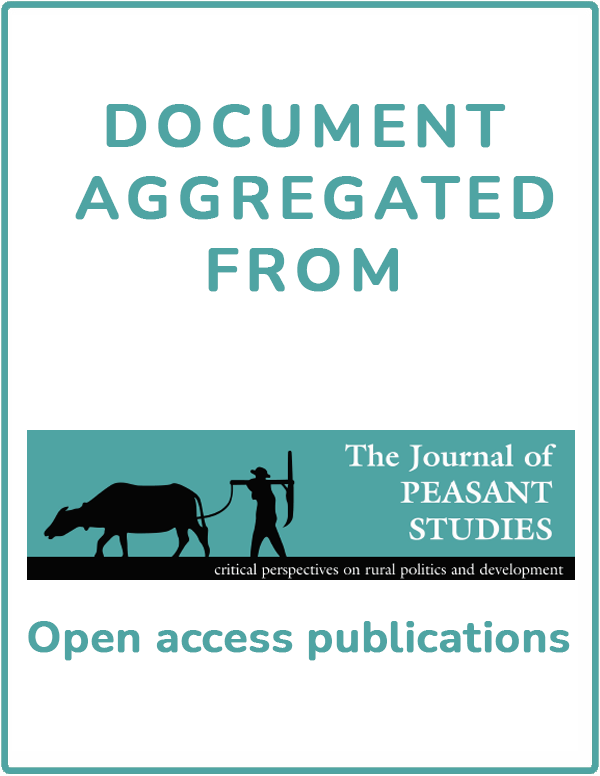Why Namibians want fresh impetus behind land reform
The shortcomings of the current land reforms suggest that voluntary;market-based transactions of land might not be a suitable measure to redistribute land;not to speak of wealth and power. The “policy” of national reconciliation has delivered one-sided benefits. The politics of national reconciliation are used to justify the status quo – an avoidance strategy to address the structural problems in Namibia. A more radical approach must be considered to redistribute land and capital. Only then will formerly disadvantaged people become equal co-owners of Namibia’s land and wealth.



